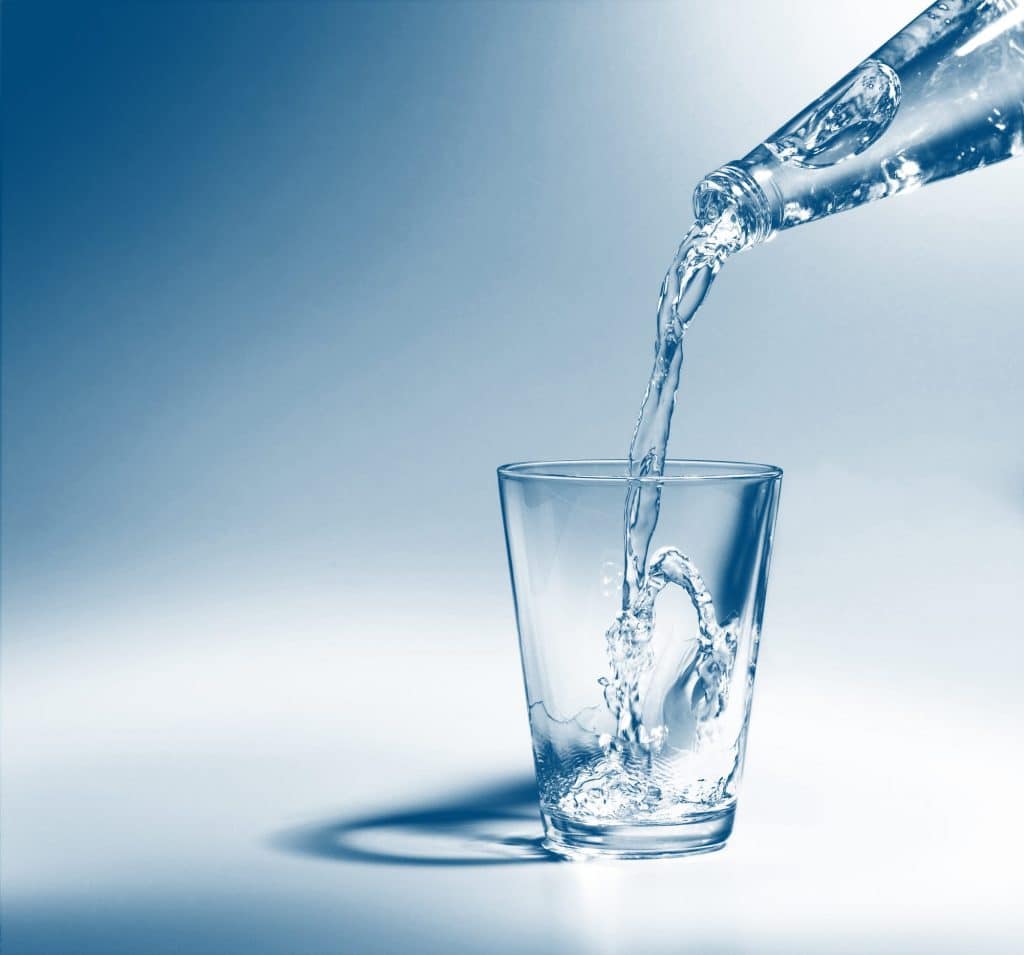The Critical Importance of Skin Hydration
by Danny & Susan Siegenthaler
Did you know your skin is made up of nearly 90% water? Every living cell in your body depends on water to function, and the health of your skin is one of the first places dehydration shows itself. Skin hydration is not just about beauty—it’s essential for detoxification, elasticity, and overall wellness.
Why Skin Hydration Matters
The skin is your largest organ and plays many critical roles, including acting as a barrier and eliminating toxins. However, it can only perform these functions effectively when it is properly hydrated. Without adequate skin hydration, pores can become blocked with dead cells, dirt, or stale oil, reducing the skin’s ability to detoxify.
Dehydrated skin can also lead to:
Dullness and loss of radiance
Fine lines and premature ageing
Increased sensitivity and irritation
Higher risk of eczema, infections, or breakouts
Maintaining good skin hydration keeps your skin supple, smooth, and resilient.

Water and Skin Hydration
Your body requires about 2–3 liters of water daily (more if you exercise or work physically). While the “8 to 10 glasses of water a day” guideline is familiar, it’s more than just a recommendation—it’s essential. Every cell in your body relies on water, and when you’re dehydrated, your skin is one of the first organs to show it.
How Much Water Do You Lose Each Day?
Breathing: 2–4 cups of water are lost through your lungs daily (more in cold or dry weather).
Sweating: Around 2 cups through normal perspiration—much more with exercise.
Urination: Multiple trips to the bathroom can add up to 6 cups or more.
That’s already more than 11 cups of water leaving your body each day. Replenishing these fluids is essential for maintaining optimal skin hydration and general health.
How to Tell If You’re Hydrated
Check your urine:
Clear or pale yellow → You’re well hydrated.
Dark yellow or amber → You likely need more water.
(Note: Vitamin B-complex supplements can temporarily make urine bright yellow, which is not a dehydration sign.)
Drinks and Skin Hydration
Not all drinks support skin hydration equally:
Best choices: Water, diluted fruit juices, herbal teas, vegetable juices, and milk.
Avoid relying on: Coffee, tea, soft drinks, alcohol, and sports drinks. These may quench thirst but often dehydrate the body further due to their diuretic effects.
If you dislike plain water, try:
Adding a slice of lemon or lime
Mixing in a splash of natural fruit juice
Using a water purifier for a cleaner taste
Signs of Poor Skin Hydration
Common symptoms of dehydration that can affect your skin include:
Persistent fatigue and lethargy
Muscle cramps or weakness
Headaches and dizziness
Dry, flaky, or tight skin
Premature wrinkles and fine lines
Irritated or sensitive patches
Severe dehydration may cause sunken eyes, very dry mouth, poor skin elasticity, and reduced urine output—all of which can compromise skin hydration further.
Water and the Skin Barrier
The outermost layer of your skin, the stratum corneum, plays a vital role in skin hydration. It:
Prevents excessive water loss
Acts as a barrier against bacteria and toxins
Maintains an acidic pH (4–6.5) to protect skin health
At night, your skin becomes more permeable, making evening the best time for hydrating creams, serums, and topical treatments.
Tips to Improve Skin Hydration
Drink Enough Water Daily – Aim for 2–3 liters depending on your lifestyle.
Moisturize Externally – Use natural, high-quality moisturizers and serums to lock in hydration.
Avoid Harsh Products – Harsh soaps, over-cleansing, and hot showers strip natural oils.
Use a Humidifier – Especially in winter when indoor air is dry.
Support with Diet – Eat water-rich fruits and vegetables (like cucumber, watermelon, oranges).
- Consult a health care professional qualified in Naturopathy or Herbal medicine if you have more complex health issues with your skin
Final Thoughts on Skin Hydration
Water is literally the blood of life, and your skin cannot thrive without it. Good skin hydration requires a twofold approach:
Internal: Drinking enough water and fluids daily
External: Using nourishing, natural skincare products to prevent moisture loss
When both are combined, your skin will remain smooth, radiant, and resilient—proof that skin hydration is the foundation of healthy, youthful skin.

